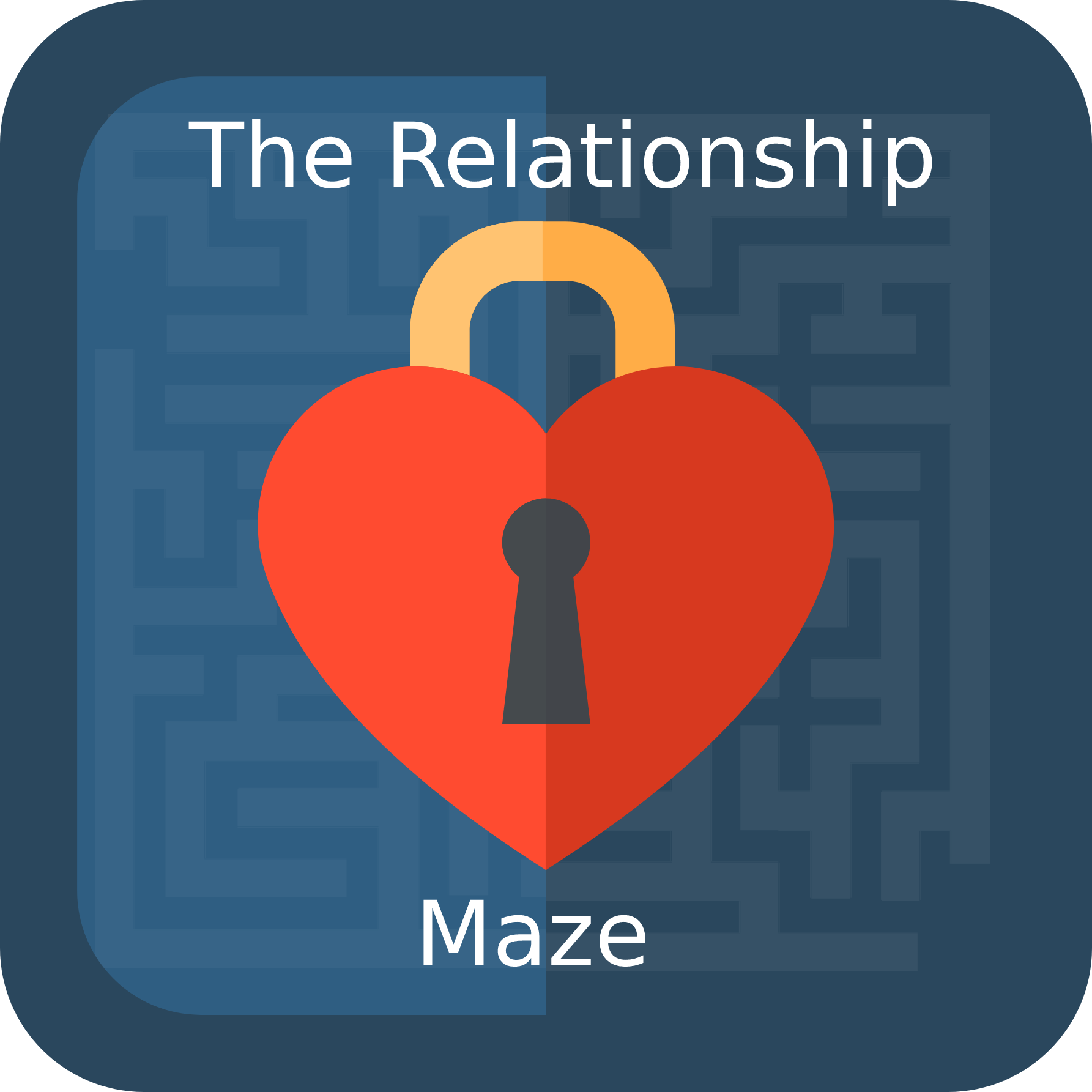Why do you love the way that you do?
November 1, 2021

Are you aware of the way that you give and receive love? Are you confident in your way of loving? And do you notice your emotions, thoughts and behaviours when loving someone else?
In today's episode we consider where our notions of love come from. We all tell ourselves stories about love which inform our expectations, hopes and desires. These stories are told by our parents, friends, teachers, writers, singers or actors in romantic films. We have lofty ideas and ideals about romantic love. Often there is a big gap between our ideals and our reality. Coming to terms with the reality of how we are being loved can be painful.
The way that we love is influenced by our experiences - we learn templates of how to go about loving someone else and being loved. Our attachment style informs our love template: if we have an insecure attachment style we often struggle to form trusting relationships.
The way that we love changes in the course of a relationship as projections give way to seeing the real person in front of us. And the way that we learned to love is changeable. We can choose to think and behave differently if our way of loving does not serve us well.
There is no one single definition of what love is. There have been many different attempts to define love, for example from an evolutionary, cultural, sociological or spiritual perspective. For the purposes of our discussion today we consider love to be
- a set of feelings and emotions
- a number of physiological reactions in the body
- a number of cognitive processes
- a set of behaviours
We learn about love through a number of experiences and narratives. We witness expressions of love (or lack thereof) when growing up, either through being at the receiving end of love or through watching those closest to us interact in a loving way. Ideas about love also come about through stories that we hear - mostly through fairy tales or myths that introduce us to ways of finding ever lasting love. We watch romantic films or listen to songs that tell us what love should look or feel like.
There are many different forms of love - romantic love is just one form of love. (see also our podcast on the ancient Greeks definition of love: What the Greeks can teach us about relationships - seven types of love)
We have ideals about an experience of love that we strive for. Love should be all encompassing, passionate or should make us happy. We have an idea about how we give love or want to receive it. Often our experience of receiving love may not match our ideal. We may have to reflect on our expectations of love and whether there is room for some adjustments.
The way that we love is determined by our attachment style. Those with an insecure attachment style, either anxious-preoccupied or avoidant-dismissive, will be very cautious in the way that they love. The underlying assumption is that the other person may not be entirely trustworthy or that we are not loveable. (see podcast episode no 2: How learning about attachment styles can help you understand your relationship).
Love in a relationship changes over time. In the early stages of our relationships we are more likely to love an idea of our partner - we see and hear what we want to see rather than the real person in front of us. Our projections of desires and wishes cloud our judgement and determine the way that we love our partner.
The hopeful message to take away from this podcast is that you learn to love that the way that you do. If it serves you well: great, continuing loving the way that you do. However, if you experience significant difficulties in the way that you go about loving others, you can reconsider your behaviour, emotional responses and thoughts and develop different ways of loving that bring you more fulfilment.
In our online Relationship Maze course we explore all of the topics that we touch on in this podcast in much more detail. You will have an opportunity to truly get to know yourself and to practice behavioural changes if necessary.
https://therelationshipmaze.com.
We are constantly adding more and more resources on our website The Relationship Maze - head over there now and find new ways to help you improve your relationships.
- FREE 10 day Relationship Challenge
- Attachment Style quiz
- Articles on relationships
- Our comprehensive Relationship Course for
- new or established couples
- couples in conflict
- couples preparing for marriage
- couples who want to strengthen their relationship
- singles who want to prepare for a long lasting relationship and find the right partner
Also, get additional show notes on our podcast website here